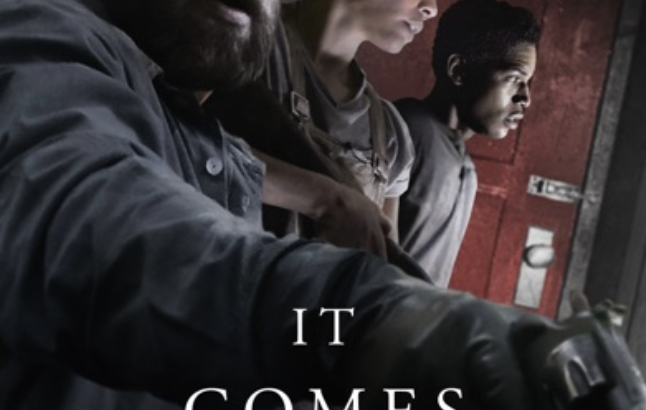Why is legitimate talent wasted on awful screenplays?
Chuckling a little to myself, I chose thriller about a mysterious disease that forced families to isolate themselves from outsiders. I figured I’d finally be on the edge of my seat after weeks of watching painfully monotonous news coverage of minutely different facets of the same story. Turns out I was in for the same kind of boredom I had grown accustomed to in the past couple of months.
Horror movies (and increasingly, even the most confidently-labeled “cerebral” thrillers) have long been a genre that works with the same materials to build a plot. They use the same monsters, the same dialogue, the same archetypal characters. It is so dreadfully rare to find a horror movie that doesn’t settle for mining the same types of basic fears assumed to be common to all human beings. Sure, writers could start there for some aspects of their work, but all too often they also refuse to go further. The next time I see another humanoid, tall, skinny shadowy figure drooling black goo from its mouth in a movie, I’m going to lose it, and not in the intended way. 
So anyways, this movie is about a family lucky enough to own property a long ways from the densely-populated city during a mass infection event of some mysterious disease. Already, the lack of context bugged me: where in the sam hill is this house located? Who is this family? What is this disease? How long has it been around? What has its global impact been? I kept waiting for the first rule of science fiction to be honored (a logical explanation of the way the world works in the story), but it never was. While some might argue that the vagueness adds to the scariness of the disease, to me it’s an excuse for lazy writing. There is such little substance in the world building the writers do that it distracts from whatever level of terror I’m supposed to be feeling, and replaces it with annoyance.
Though I shouldn’t have been surprised by the outdated, patriarchal family structure in the movie, I was. The dichotomy between femininity and masculinity was incredibly strong; it was made abundantly clear that the men were protectors, women were caregivers (and meant to be protected), and that these strict roles should be considered ideals. Men made decisions, and women made comments that could easily be dismissed. This is terribly common in horror, pulling on the legacy of the old days of female victimhood (King Kong, Creature From the Black Lagoon, etcetera, etcetera, etcetera). I’d thought we’d made it a little further past that. It’s almost like we need more female horror screenwriters. 
Going into the horror/thriller genre should not be a shortcut into movie making for unimaginative writers. There are some who are raising the standards, like Ari Aster (Midsommer), Julia Ducournau (Raw), and Yorgos Lanthimos (The Lobster, Dogtooth), but it isn’t enough yet to discourage the countless carbon copies of a basic slasher flick. Still, the future looks bright.


